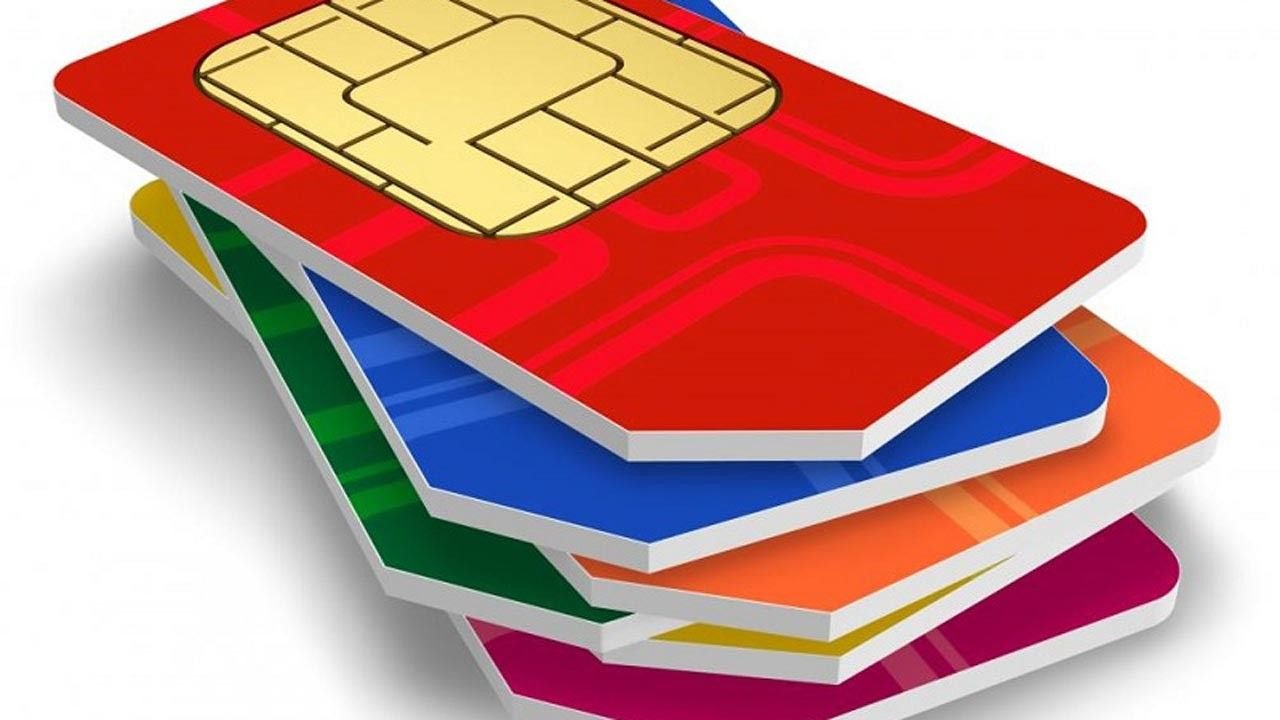After nearly nine months of restrictions, the Nepali government is preparing to lift the ban on TikTok, the popular Chinese app, following a series of regulatory changes. The original ban, imposed by the former Prime Minister Pushpa Kamal Dahal-led government in November 2023, cited concerns over social harmony. Now, the KP Sharma Oli administration is looking to reintroduce TikTok with stricter guidelines in place.
The Ministry of Communication and Information Technology (MoCIT) held an hour-long meeting on Tuesday, despite it being a public holiday, to discuss the app’s future in Nepal. According to officials, TikTok’s South Asia division has reached out to the ministry, promising compliance with all local rules and regulations.
The ban was initially introduced under the ‘Directives on the Operation of Social Networking 2023,’ which required social media platforms like Facebook, X (formerly Twitter), TikTok, and YouTube to establish liaison offices in Nepal. The directives aimed to make it easier for authorities to address user concerns and manage objectionable content.
The directives also laid out a 19-point code of conduct for users, prohibiting fake IDs, hate speech, and posts promoting illegal activities such as child labor or human trafficking.
The ministry is scheduled to meet again on Wednesday to further discuss the matter, with plans to present the agenda to the Cabinet for approval. While the exact date for lifting the ban is not yet known, officials remain optimistic.
TikTok has written multiple letters to the Nepali government, emphasizing the financial losses caused by the ban. In response, the government has stressed the importance of adhering to rules and regulations.
Following the ban, many users bypassed local censorship by using virtual private networks (VPNs), which led to an increase in international bandwidth consumption. Before the ban, TikTok had around 2.2 million users in Nepal and accounted for nearly 40% of the country’s internet bandwidth consumption.
The decision to ban TikTok faced criticism from experts and the public, who argued that it infringed on freedom of expression. Internet experts noted that banning technology is often ineffective, as users typically find ways to access restricted services. They recommended the adoption of Regulatory Technology (RegTech) as a more effective approach.
According to recent reports, Nepal has over 42.3 million internet subscribers, with significant usage across platforms like Facebook, Instagram, and X.















